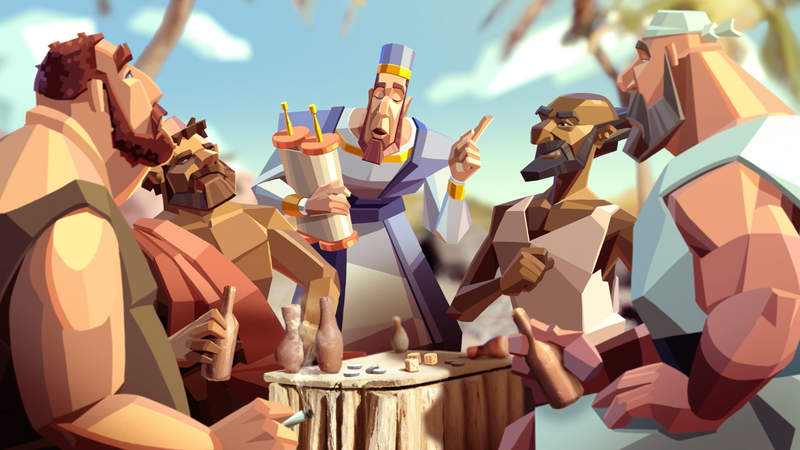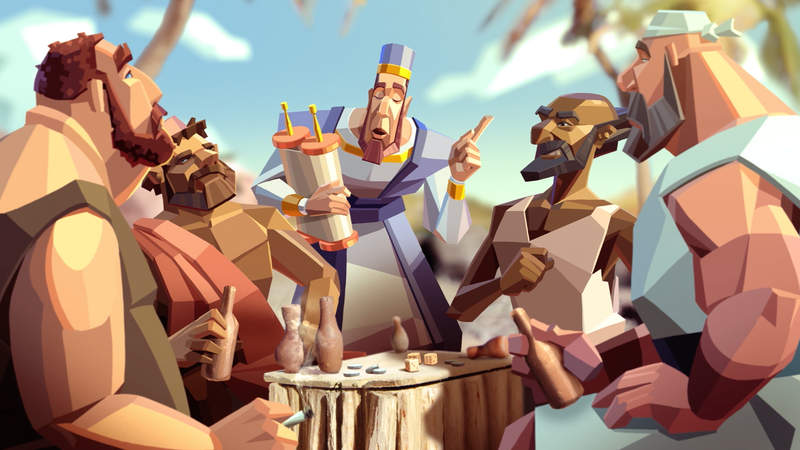Wisdom in Relationships
About

Jesus calls his followers to live with radical generosity, to love and make peace with their enemies, and to hunger and thirst for right relationships. He calls this way of life “a greater righteousness” because it fulfills God’s will for humanity expressed in Israel’s Scriptures, the Torah and Prophets. In this section of the Sermon on the Mount, Jesus warns about traps we may face when trying to relate rightly with those around us.
In this guide, discover Jesus’ teaching about wisdom in relationships and explore related videos, podcast episodes, and more.
Context
Key Themes
- The futility in judging or condemning others
- Depending on God for good things
- Trusting God’s wisdom
- Right relating with others and the Golden Rule
Structure

Do Not Judge
As he teaches God’s wisdom, Jesus talks about how God-given laws are sometimes interpreted and practiced. Jesus values and faithfully honors God’s law (also called the Torah and Prophets), but he also recognizes the dangerous tendency of some people to use God-given laws to judge others. A person’s earnest quest to learn God’s law and do what is right is a good thing. But that same quest can lead to pride and judgment—both of which are harmful to relationships with others. So Jesus begins with this very direct prohibition: “Do not judge” (Matthew 7:1).
Jesus often teaches people to discern light from dark, life from death, and good from evil. So “do not judge” does not mean “do not discern.” Rather, he wants people to learn and practice wise discernment. But wise discernment should lead to attitudes of humility, mercy, and forgiveness toward all. When Jesus says “do not judge,” he’s talking about condemning others or treating others with contempt. How do we want to be judged? And by what standard do we want to be measured? We can act from the understanding that we all want to be judged fairly and mercifully.

A Speck in the Eye
The problem is, we’re often unaware of our own character flaws and the biases that distort how we see others. This is why Jesus continues with a well-known parable.
3 Why do you look at the speck that is in your brother’s eye, but do not notice the log that is in your own eye?
Jesus redirects our impulse to judge others and creates instead an opportunity for critical self-reflection. For example, when we see someone yelling in anger and we notice ourselves judging them, we can take the opportunity to reflect on our own issues with anger. Jesus says as much as he continues the parable.

5 You hypocrite, first take the log out of your own eye, and then you will see clearly to take the speck out of your brother’s eye!
After we’ve dealt with our issues, we may think it’s time to remove the speck. But Jesus doesn’t actually give a formula for what to do next.
Pearls in Front of Pigs
If we notice that a person’s choices are clearly hurting them, shouldn’t we offer help and correct them? Not always. Sometimes people are not in a place to receive help, so it’s unwise to force help upon them. Jesus uses a riddle to make this point.
6 “Do not give what is holy to dogs, and do not throw your pearls before pigs, or they will trample them under their feet, and turn and tear you to pieces.
Here, Jesus draws on an idea from a biblical proverb.
4 Do not answer a fool according to his foolishness, Or you will also be like him.

So does this mean we should leave people to their own ruin? Not necessarily. Sometimes it’s right to step in and help. The same proverb continues:
5 Answer a fool as his foolishness deserves, So that he will not be wise in his own eyes.
We need discernment and wisdom to know when to correct and when to remain silent—or when to offer wisdom and when to patiently wait for wisdom to be discovered another way.
Ask, Seek, Knock
God loves to give wisdom, so Jesus says we should cultivate a habit of asking for it.
7 “Ask, and it will be given to you; seek, and you will find; knock, and it will be opened to you. 8 For everyone who asks receives, and the one who seeks finds, and to the one who knocks it will be opened.

The God of the Bible is like a wise and generous parent. Even misguided parents still often want to do what’s best for their children. How much more, Jesus says, will our heavenly Father give good gifts to his children when they ask? And the gift we need from God is more wisdom.
The Golden Rule
Jesus ends this section of teaching with one of his most memorable wisdom sayings.
12 “In everything, therefore, treat people the same way you want them to treat you, for this is the Law and the Prophets.
When life is complicated and God’s wisdom feels far off—when it's tough to know what it means to “do right” by another person—Jesus says to start with empathy. How would I like to be treated? How would I want others to offer God’s wisdom to me? We all want to receive kindness and patience and ultimately to know that we’re loved. Jesus encourages us to start with empathy for others and then continue loving one another with every ounce of wisdom that our generous God gives us.
